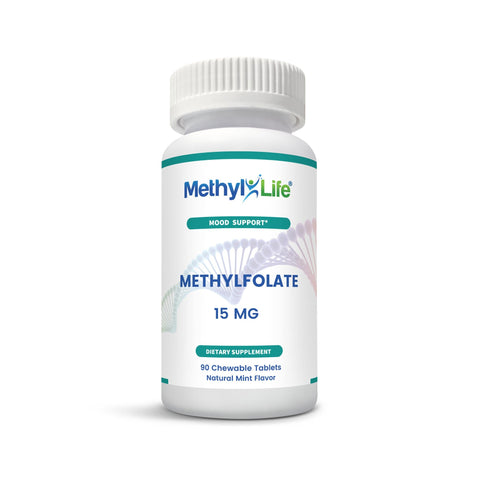What are Mood Disorders?
The clinical definition of a mood disorder is a “pervasive and sustained feeling that is endured internally, and that impacts nearly all aspects of a person’s thoughts, feelings, and actions.”1 Those affected by mood disorders frequently experience extreme disruptions to their emotions, including severe lows (such as depression) or highs (mania).2 These episodes can cause severe functional impairment and reduced quality of life.
The broad categories of mood disorders include bipolar disorders and depressive disorders.











